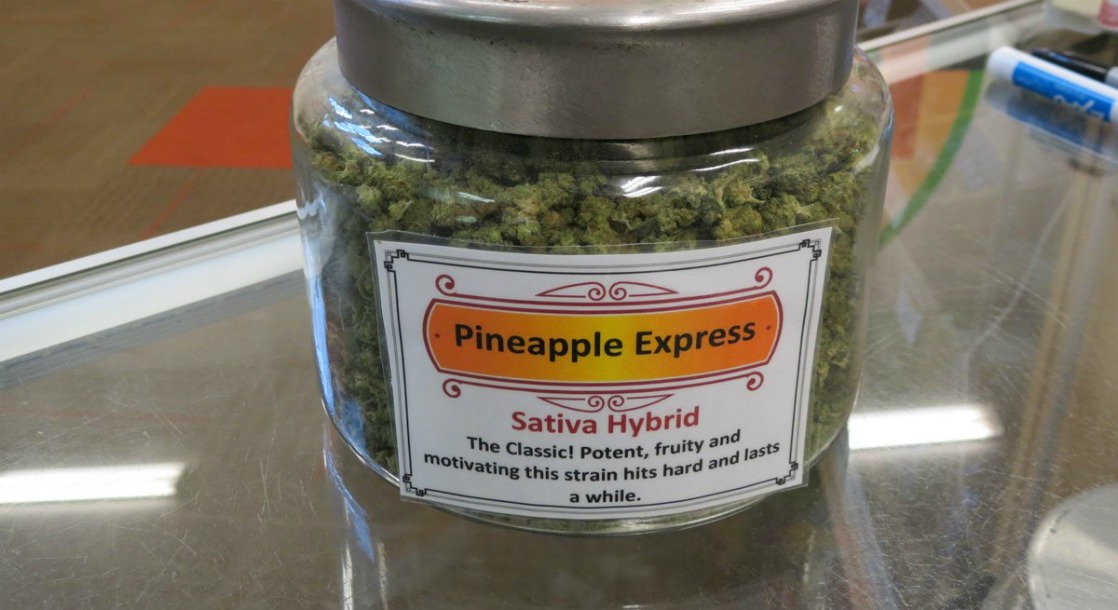A small business owner hoping to sell CBD-based medicine in Idaho has run afoul of local government officials who are arguing that he is pushing an illegal drug. Back in February, Michael Larsen applied for a building permit for a new dietary supplement store in the municipality of Garden City, near Boise. City attorney Charles Wadams denied the application in May, on grounds that Larsen intended on selling CBD supplements, which he claimed were illegal in the state.
In 2015, Idaho Attorney General Lawrence Wasden issued an opinion that all oils extracted from cannabis are controlled substances, and hence illegal. The opinion included an exemption for products that do not contain THC, however, which would cover most CBD extracts as they generally contain little to no THC. Wadams told the Associated Press that he is currently waiting for Larsen's vendor to turn over samples of the CBD supplements in question so that he can determine their THC content. “The city’s position is based on its own independent conclusion that before issuing a building permit, it is obligated to verify that the CBD oil products in question are legal,” he said.
Idaho's Republican-majority government has held steadfast against cannabis reform, even though the drug is completely legal for adult use in the neighboring states of Washington, Oregon, and Nevada. In 2013, the legislature passed a resolution vowing that the state would never legalize cannabis in any form. In 2015, the state legislature passed a bill to allow children with severe epilepsy to use CBD-based treatments, but Gov. C.L. “Butch” Otter vetoed the bill on advisement of local law enforcement, who feared that this tiny step toward medical legalization would pave the way for full legalization.
Larsen's battle over the legality of CBD mirrors several other legal challenges happening around the world. Businesses selling CBD products in Indiana have faced similar problems, after Gov. Eric Holcomb issued an ultimatum that all stores cease selling CBD products containing THC within 60 days. This decision was also based on an opinion issued by the state’s Attorney General, Curtis Hill, stating that all CBD was illegal in the state due to the federal prohibition of cannabis, despite the fact that the state legalized low-THC CBD extracts if grown from hemp in 2014.
Businesses across the Atlantic are also fighting for their right to sell CBD products, but several businesses in the U.K. and Europe have found ways to sell these extracts, using legal loopholes allowing them to sell the substance as long as they label it as a supplement and not a medication.











